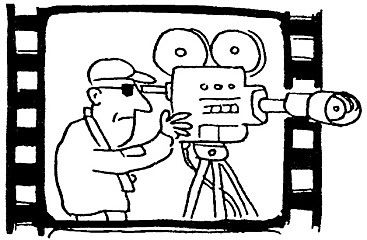Goma blues: all the eyes are fixed on Kabila, between contradictions, accusations and, most of all, too many clichés
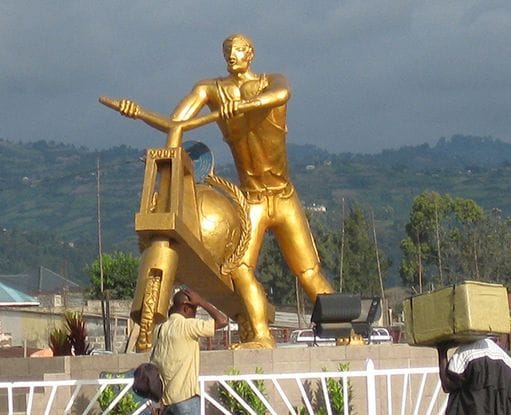
The current situation in the Kivu provinces of the DRC is becoming increasingly difficult to follow day by day; all eyes are currently fixed on Joseph Kabila’s projects, who arrived last week. Human Rights Watch has published a report on human rights violations. The hardened base of M23 supporters is beginning to question whether the organization is still aligned with its initial objectives — the liberation of the region, the cessation of Tutsi massacres, and the return of refugees to their villages in the DRC. In my previous analysis, I had written that Kabila still enjoys the trust of many locals. But some are beginning to doubt. I also notice that Rwandan officials remain very vague for now when I ask them questions. No one dares speak openly about what is happening. They all fear stepping on toes or saying something that could backfire on them.
What frustrates me immensely is also the lack of financial means to travel to the field and observe the situation firsthand. From my journalist colleagues, I only receive negative information: they bitterly complain that many journalists simply do not have access to eastern Congo. Others claim that M23 is very reticent, that they only speak in cliches and that it’s mainly necessary to speak with local NGOs, which are already afraid to speak too much. To get a real idea of what’s happening, I now must rely on my network of informants, with whom I have worked for years, and whose reliability I can assess.
I will cite some of them, without mentioning their names. Listening, seeing, and keeping silent — that’s the rule here, and when something is said, it’s behind closed doors. It may seem uncredible, but it’s all I can do for now.
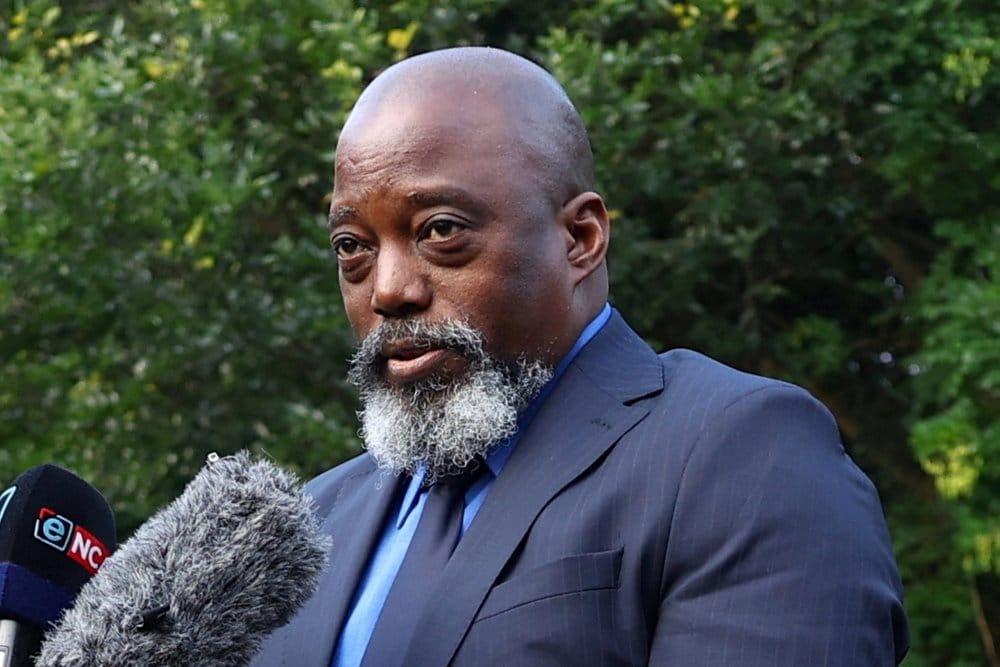
Situation in Goma
“The criticism from Human Rights Watch (HRW) has been ongoing for longer,” confides an observer in Goma. “They mainly rely on facts that happened a few months ago, shortly after Goma fell. At that time, M23 was busy gathering weapons that the Congolese army (FARDC) had distributed to Wazalendo and FDLR, which were hidden everywhere in the city. Many of these weapons were still used for robberies and destabilizing the city. Initially, M23 tried to quickly clean up: young people suspected of being part of these gangs were arrested. Some were killed, but they were far fewer than initially feared. This kind of law enforcement was also new for the rebels, who were not yet accustomed to police work. Moreover, HRW is not a fully objective source: they mainly base their reports on second- or third-degree informants, members of civil society close to the previous administration, who now have everything to lose. It is true that the new M23 administration has experienced several missteps: rumors circulated about abuses of power and settling scores, but the organization’s leaders quickly put an end to these excesses. What can be criticized about M23 today is their lack of competent personnel in administration. They need time to correct these errors and better organize themselves.”
“I agree with this explanation,” adds a Congolese journalist. “ The low popularity that M23 still had in Goma quickly evaporated. Anti-Rwanda and anti-M23 propaganda, spread from Kinshasa via social media, reinforced this sentiment. At that time, Goma was still in economic crisis; money circulated very little, and the population struggled to survive. The situation has slightly improved, but it will take a long time before everything returns to normal. I can confirm that security in the city has improved in recent weeks. It’s not perfect yet, but you can see that M23 is making efforts to tackle this problem. The perception among the population remains deeply rooted that Rwandan soldiers are integrated into the M23 command. That’s probably an exaggeration, but Rwandans are not very popular here.”
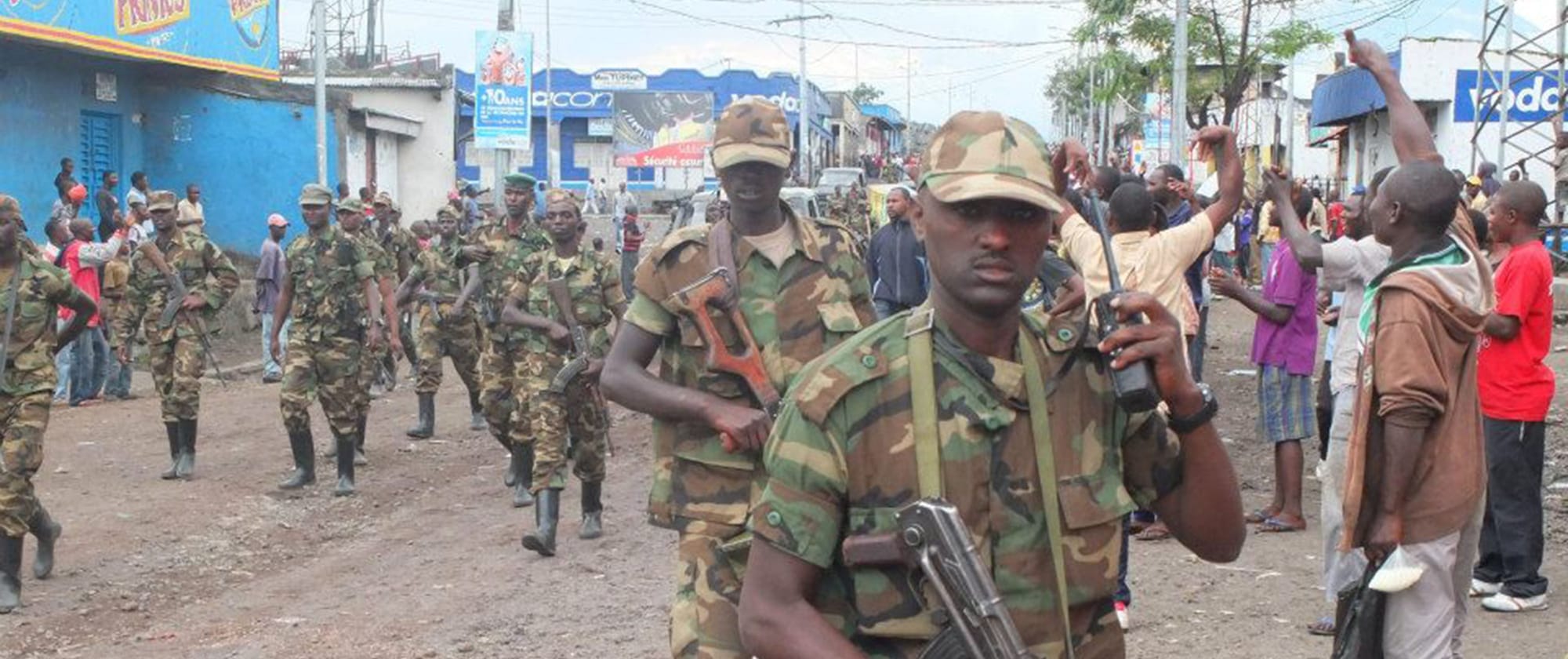
“What can be stated with great certainty,” explains a foreign researcher who recently visited the region, “is that M23 does not wish to abandon its presence in the two Kivu provinces. They are thus imposing a ‘fait accompli’ on the international community. Europe has not yet fully understood this. Countries like Belgium have already given everything to curb this dynamic, and they have come up short. Maxime Prevot, the Belgian foreign minister broke his teeth on this dossier. They insist that Tshisekedi, who has never been elected through a regular process, is still the only boss in the DRC. The widespread belief that Rwanda is behind all these problems and that M23 is giving behind-the-scenes orders to advance their agenda is false. Kigali was not in favor, four years ago, of a new war in eastern Congo. At that time, Kagame was mainly focused on developing his own country, promoting the Rwandan model in Africa, and supporting M23 to destabilize the region was not on the agenda. Kigali decided to block Tshisekedi when he began rearming the FDLR to compensate for the weakness of his forces and to infiltrate Rwanda again. This accelerated the crisis. The Congo of four years ago no longer exists. M23, or the Rwandans, do not want to balkanize the region, but the international community must accept that the Kivus will never be what they once were. If this is not understood, problems will continue to accumulate.”
Kabila
“A Rwandan-Congolese intellectual, who follows the situation from afar, notes that what is currently happening in Goma highlights several truths: ‘It can be said that the AFC-M23 constellation has become a double-edged sword. On one side, some hardline members of M23 remain convinced that the region around Goma must be liberated from Hutu extremists, that an alternative administration must be established to allow the return of thousands of refugees to Rwanda and Uganda, and that the hate speech against Congolese Tutsis must stop. The main cause of M23 boils down to that. At the start of the rebellion in 2022, no one expected they could also liberate South Kivu. Of the more than 200,000 Bagogwe Tutsis who once lived in DRC, barely 20,000 could remain, and those who stayed were also threatened in 2022. M23 had no choice but to resume the fight. Tshisekedi’s governance has never respected the 2013 agreements. If he had wanted to negotiate with M23 for a peaceful solution, Goma and Bukavu would probably never have been attacked. You already know what happened next. Tshisekedi forced Sultani Makenga to launch a ‘last stand’. Those hard line M23 supporters do not want to march on to Kinshasa and given their experiences of the past they distrust completely the Congolese political establishment. They want to settle this problem once and for all. They will fight themselves to death if a stronger force comes in to dislodge them.”
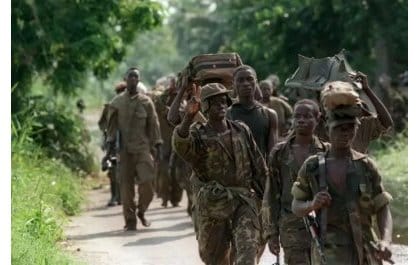
“Kabila was one of the main responsible parties for this conflict,” continues the observer. “He never respected the agreements after Laurent Nkunda’s surrender, the commander of Sultani Makenga. He continued to support FDLR, became even more corrupt than his father, and flouted the agreements with Makenga when he took Goma in 2013 (Kabila wanted to kill Makenga). Makenga then retreated to Uganda. I could give you many more details, but it would be a whole book. Kabila also managed to turn the majority of Congolese against him because of his corruption and disastrous management. Fayulu won the subsequent presidential election, but he was boycotted by the international community, which feared that the new winner might trigger a reaction like that of a bull facing a red flag for Rwanda. Thus, Tshisekedi was able to seize power. Kabila remained in the game thanks to promises of a future change of power and a very well-paid senator seat. All the money he stole as president, he managed to keep. Initially, Tshisekedi also pretended to get closer to Rwanda, but eventually it became clear he wanted to get rid of Kabila and take control of everything. From that point on, everything deteriorated. All this led Tshisekedi to become a sort of second voracious Mobutu, even more corrupt than his predecessor, but without the political finesse of the old ‘marechal’. Kabila stayed in the background during this period, but he has just ended that silence.”
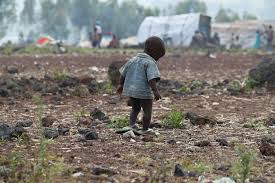
In my previous article, I had already written that Joseph Kabila’s arrival in Goma was generally welcomed favorably by the local population, who wanted to give him the benefit of the doubt. But not everyone agrees. “The initial objectives of M23 are completely opposed to those of Kabila or Nangaa,” continues our informant. “The previous alliance between M23 and the ‘Fleuve Congo Alliance’ (AFC) was not well understood by their base. Nangaa did not care about the well-being of Congolese Tutsi refugees and their villages. M23 wanted to shed the Rwandan label attached to their movement by Kinshasa. And initially, it worked. Those questioning this issue heard that it was a strategic decision, that the main goal of the rebellion remained the well-being of the Congolese Tutsi community. But Kabila’s presence in Goma highlights these contradictions: it’s clear that everything mostly revolves around Kabila and Nangaa’s interests, while the true concern of M23’s base is to achieve a more stable Kivu region, where returning refugees can be protected and their children can grow up safely. The organization should also improve its relations with the Banyamulenge and stay away from Kinshasa. Because a Kabila who needs them now to relaunch his career might, tomorrow, turn his back on them and once again become an enemy. It’s difficult to make a forward-looking analysis if not comes out of Washington and Doha, which would help better understand Kabila’s presence in Goma and how he is managing within M23.”
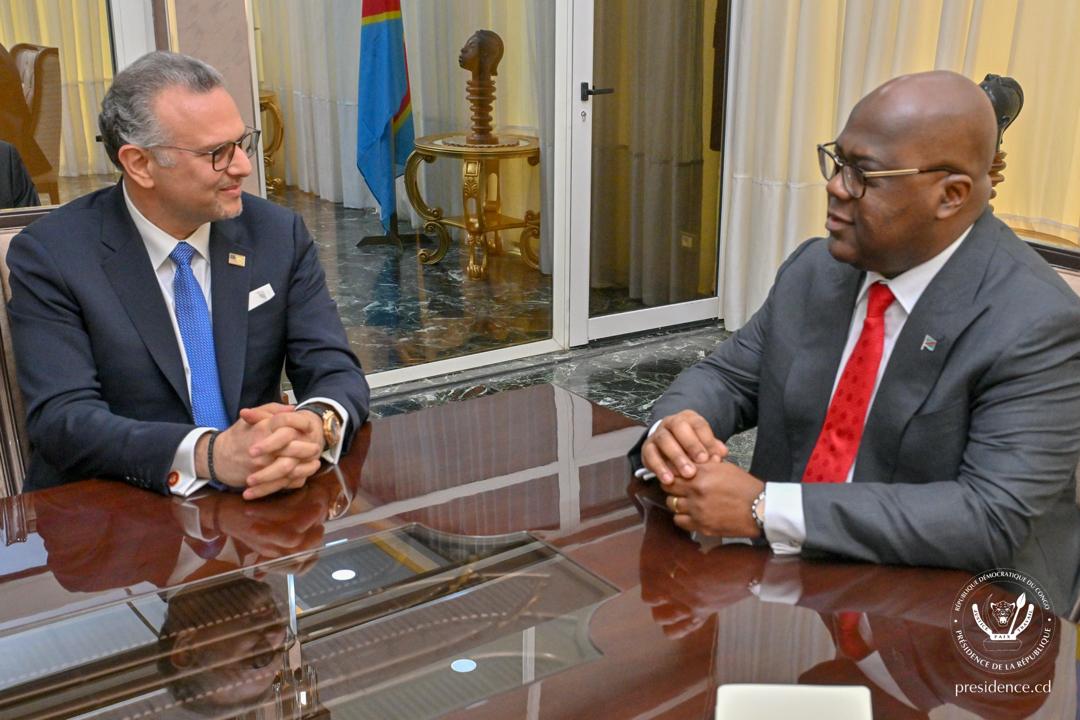
Diplomat
I also discussed all this with a retired Belgian diplomat who has worked for years in the region and knows his interlocutors well: ‘I also think Belgium made a serious mistake by adopting such a rigid and unilateral stance towards Rwanda. Today’s reality is completely different from that of five or ten years ago. But if M23 plays this game wisely and remains faithful to its principles, it could benefit from Kabila’s presence. However, it would be entirely wrong to rush into further invasion of Congo. M23 will need international political support to facilitate the return of all those refugees. It must also be able to strengthen itself on the police and administrative level. Such support can only come if a regime in Kinshasa is favorable to them. While Fayulu, Kabila, and Katumbi are fighting over the presidential seat in Kinshasa, M23 can take the opportunity to organize itself internally and within their liberated zone. In my view, President Kagame would not be foolish enough to embark on a new Congolese adventure. That would give M23 the chance to reconcile with other ethnic groups in the region, and the area could benefit from Rwanda’s economic revival. Some Congolese observers in Brussels believe that Kabila might convince M23 to exert additional military pressure on Kinshasa, but I do not think that’s a realistic option. From experience, I know Europe and the United States are more interested in the continued extraction of minerals than in who is in power in the DRC. But a new internal war, like the one that led to Mobutu’s fall, will not be tolerated by Americans and certain European leaders. Remember, Daddy Kabila was able to oust Mobutu with U.S. logistical support. This time, they won’t do that. What has already been achieved with Kabila’s return is the acceptance that this conflict is now an internal matter of the DRC. And that’s already a good start for the M23. If the rebels manage to set up a semi-autonomous defense force and administration under the umbrella of the national government the Tutsi community in the Kivus can also be sure that their safety is guaranteed an that any future president who wants to turn again them again will think twice before he attacks them again.”
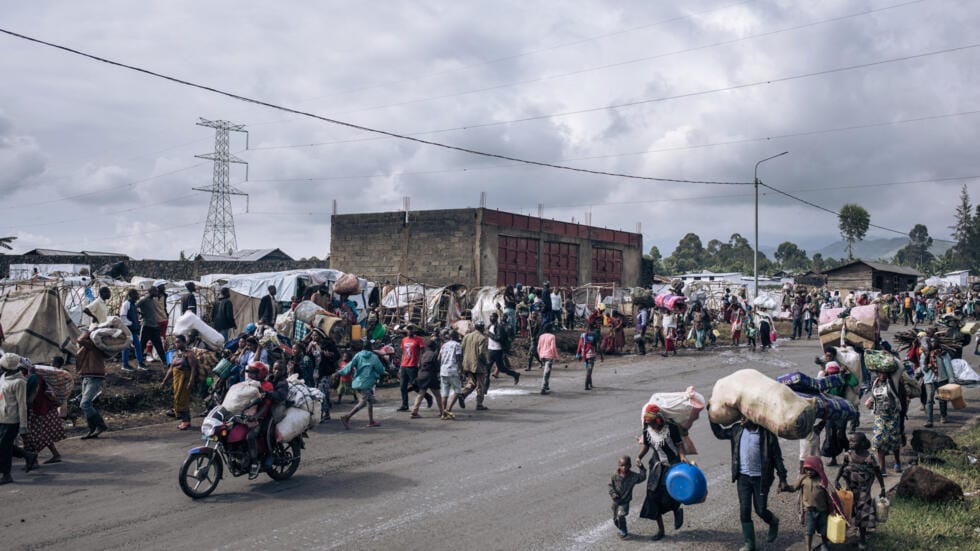
Conclusion
It is very difficult to get an objective view of the situation on the ground. Some colleagues (including myself) cannot afford the luxury of staying several days in Goma in expensive hotels, nor renting high-end 4x4 vehicles to explore the interior of the country. The war in DRC is also almost entirely “invisible”: logistically, it’s often impossible to reach the zones where events unfold, and when it becomes possible, all parties do their best to keep the press at bay. This often results in useless press visits organized by one side or the other, ultimately ending with statements like “the press was well received.” I also regret that, in recent weeks and months, access to Goma has been denied to several journalists. I find this unacceptable, as I have experienced this myself multiple times. I have been persona non grata twice in DRC, and showing up in Burundi would be a ‘one-way ticket’ to jail. To be honest, I must admit I have already spent time in detention there twice. It’s not the Hilton! It’s very difficult not to step on sensitive toes when covering these countries. But excluding the press only fuels clichés and misinformation, especially when colleagues who simply want to do their job are involved. They could also contribute to correcting these clichés. A journalist is also human; when he returns to Europe empty-handed his bosses get angry. They will be frustrated, and that will probably show itself in their future articles on the region.
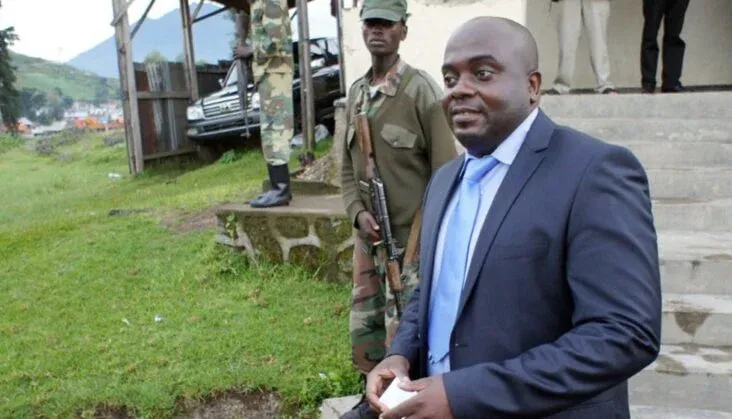
Many people call me to hear my opinion on what is happening in Goma. I cannot give them a clearer answer than the one I am offering here. My apologies if it seems insufficient! Time will provide answers. A journalist can only do his work properly if he can cover the facts on the ground and immerse themselves in the atmosphere of these conflict zones.
Marc Hoogsteyns, Kivu Press Agency
